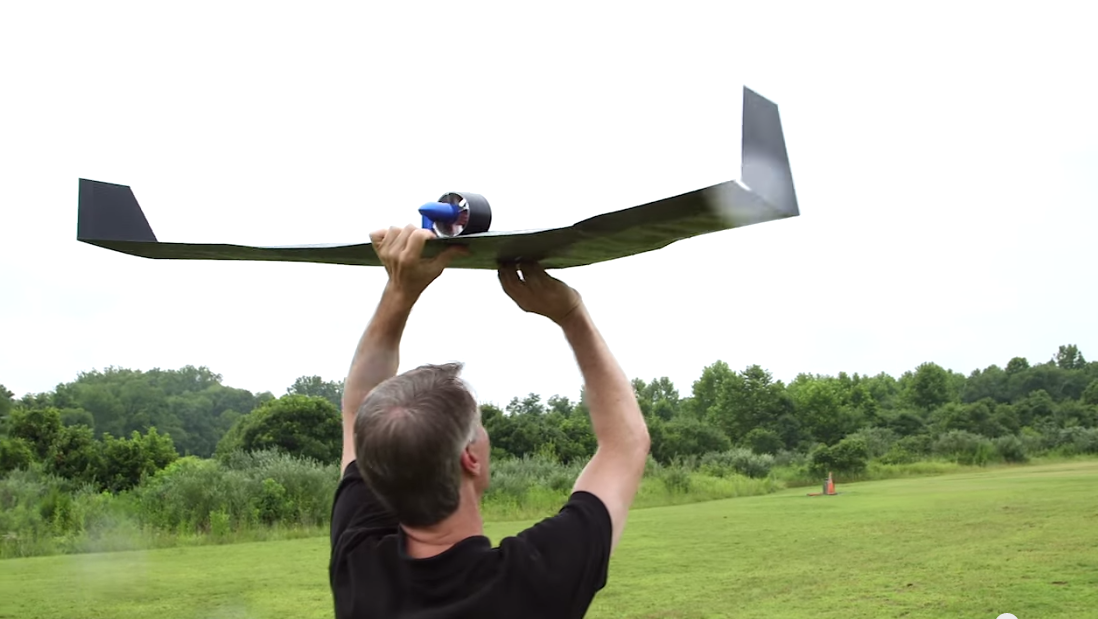Researchers Create Fully Functional 3D-Printed Drone For the Defense Department

Researchers at the University of Virginia have created a hand-launched, wing-shaped unmanned aerial vehicle—otherwise known as a drone—that can be printed in a little more than a day for a cost of $2,500.
It's built from easily obtainable, "off-the-shelf" parts, and its main processor is an Android smartphone, which means that just about anyone with access to a 3D printer could make one. A complete printing takes about 31 hours.
Here's a video looking at the development and testing of the first prototypes:
A few technical specs from the Wired report that alerted me to the project:
The aircraft, with a four-foot wingspan, weighs just 1.8 pounds. Loaded with all the electronics gear, it comes in at just under 6 pounds. That lets it fly at 40 mph for as long as 45 minutes, though the team's working to get that up to an hour. An earlier prototype could top 100 mph, and the team believes the plane could hit 120 mph, at the cost of a very quickly drained battery.
It can carry 1.5 pounds, so attaching a camera to it would be no problem. The batteries take two hours to fully charge and are easily swapped out, so if you've got three or four packs on hand, the Razor can be in the air nearly continuously. The plane can be controlled from up to a mile away, or fly on its own using preloaded GPS waypoints to navigate. The team uses the Nexus smartphone's 4G LTE as well, meaning commands could be sent from much farther away, though FAA guidelines have kept them from long-distance testing.
Here's where the 3-D printing really comes in handy: The design can be modified—and reprinted—easily, to be bigger or smaller, carry a sensor or a camera, or fly slower or faster.
The drone was created at the request of MITRE, a Defense Department contractor, but the low price and easy availability of its components means this is the sort of thing that hobbyists or small businesses could easily create and operate on their own, especially if the design (or, more likely, something close) is publicly distributed.


Show Comments (14)